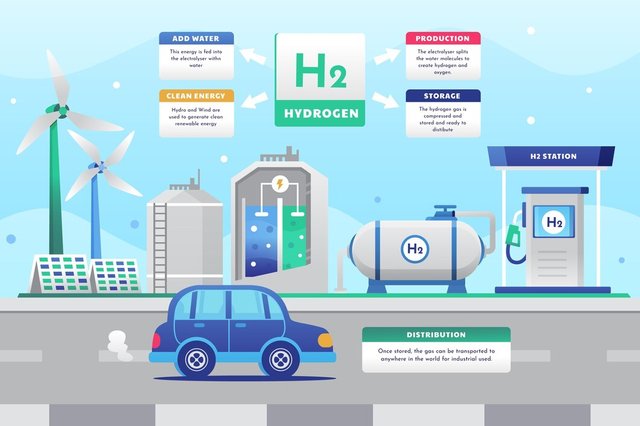The Advancements in Hydrogen Fuel Technology
Thus, hydrogen fuel technology is being currently established as the solution, which will help to deliver the economy and the world on the whole to a level of sustainable energy. In contrast, burning hydrogen does not release carbon, sulfur or nitrogen oxides, it just releases water, thus making it a green fuel. Hydrogen energy has already experienced astonishing growth as a contributing factor to sufficiency in energy revival, squarely through hydrogen production, storage, and utilization.

Hydrogen, which through electrolysis, is produced by passing electricity through water this is becoming cheaper and more efficient. Electrolysis can generate hydrogen from water if it is driven by electricity from renewable sources of power such as wind or solar hence creating hydrogen with little negative effects on the environment. This green hydrogen can then be utilized in a range of processes such as; used to power fuel cells in cars ,to generate electricity in electric power stations.
Another technology with a relatively high potential for application in automotive vehicles is hydrogen fuel cells that generate electricity from hydrogen. Today players such as Toyota and Hyundai are working on hydrogen vehicles that are bound to have significantly better ranges and quicker refueling than battery electric vehicles. posted that hydrogen is also under consideration as fuel for heavy industries and aviation, sectors that are toughest to electrify.

There are issues like the formation of infrastructure that are required for distribution and storage of hydrogen, but firmly mounted research and consistent investment are seeing substantial development. Overall, the hydrogen fuel technology joint mainstream could significantly impact the future trends and attain international sustainability objectives.